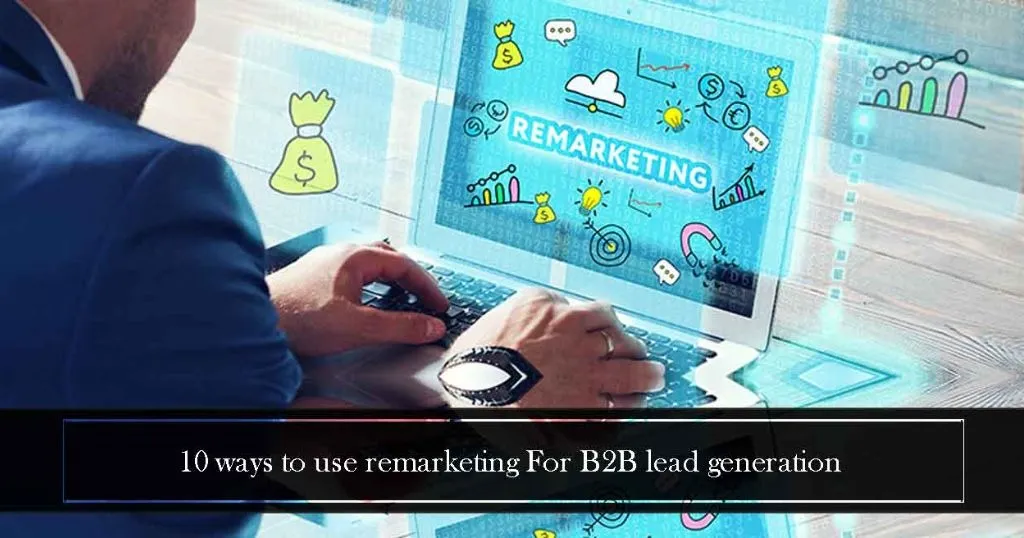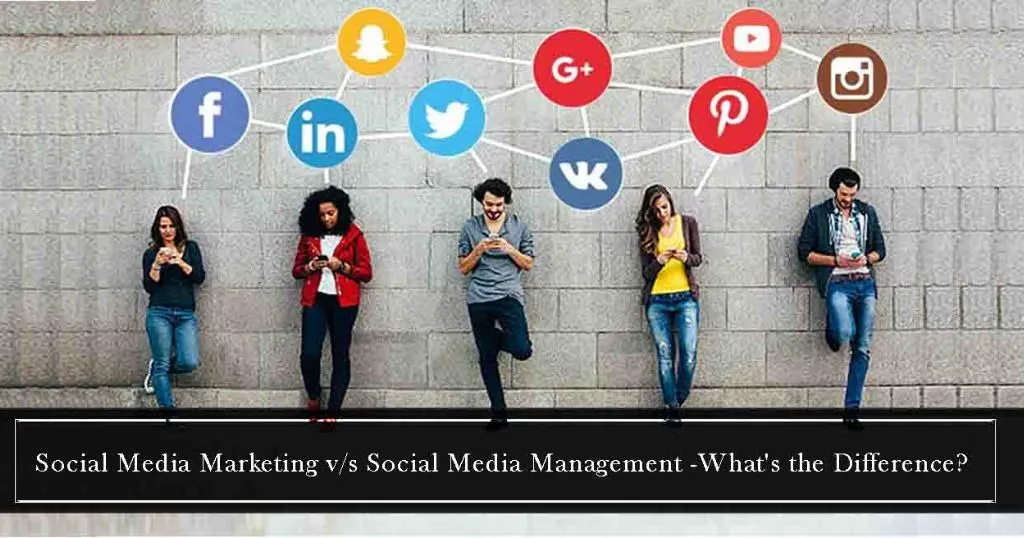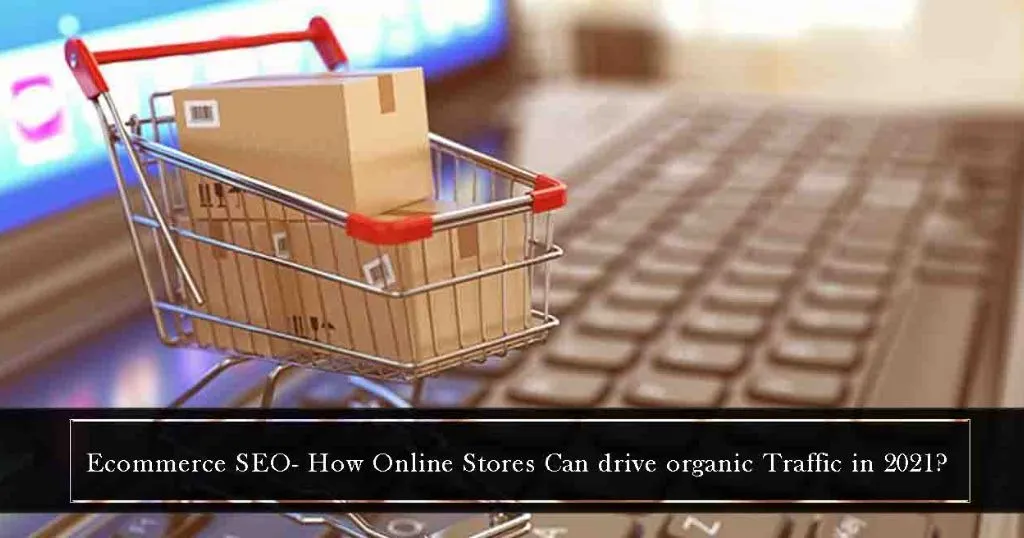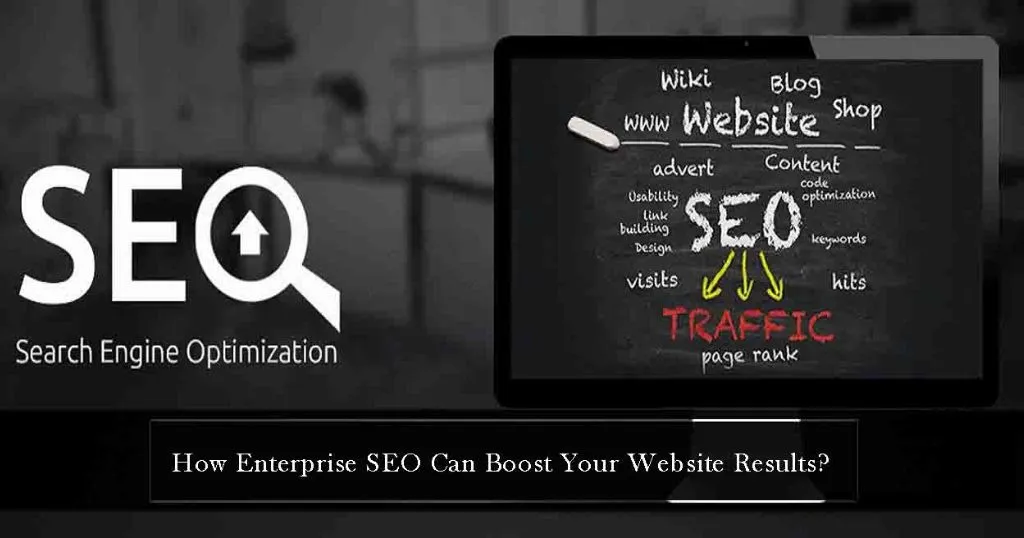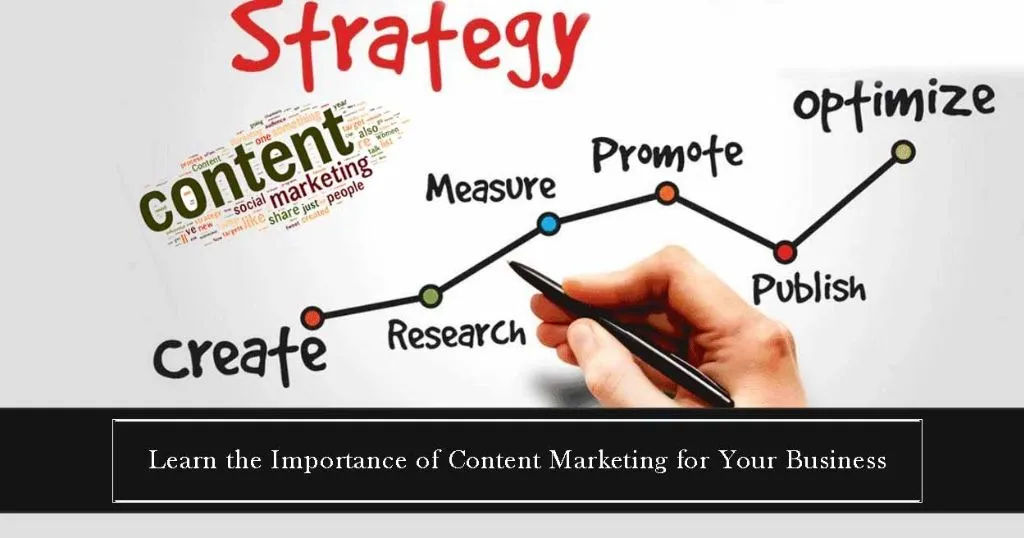Google’s New Ranking Algorithm: What to Expect in 2021
Google organic search is the foremost vital tool for any website. Google easily tells how optimized your site is. Many tools check every aspect of your website and then give valuable insights. Google continuously changes its search ranking benchmarks. So if you\’d like your site to urge on the first page of Google search, then you\’ve to understand and update yourself monthly. This summer, the Google team announced that they\’re getting to update the ranking algorithm. The user-friendly website has always been an excellent tactic to have a better ranking in Google Search. But now, Google is Officially updating its algorithms for a better ‘Page Experience’. So now, User Experience will matter most in the ranking.“Page experience” is all about how users perceive the experience of interacting with a web page. An online site with poor user experience could lead to consumers not finding what they need. Now the question is how to prepare your business website for this new change? Here\’s how: Update your Web design Analyze your website, remove extra options, select readable fonts, and use better colors. These might sound like small things. But, it makes a significant difference. These are small things that engage the user. While you\’d possibly be thinking, “My website seems perfectly fine where I can find everything I need”, you\’d wish to place yourself within the shoes of your visitors. Users with certain hearing, vision, or intellectual disabilities will interact in conjunction with your content differently. A mobile-friendly website is the need of the hour. Google’s new update is all about user-friendly websites. So, if your website isn\’t mobile-friendly, then don’t think that Google will rank you higher. People everywhere use mobile devices to undertake to do everything from simple internet searches to buying big-ticket items and far more. The reason? it’s fast and easy. Consumers in every industry want to attach and acquire what they’re trying to hunt out quickly. Websites with an extended load time tend to possess higher bounce rates and lower average time on page. Both of those metrics are directly related to user experience, showing that the visitor didn\’t enjoy his/her stay on your website so that they only left (bounce). Longer load times also can negatively affect conversions as a result of the user\’s dissatisfaction. Some things, like JavaScript and CSS images, don\’t load well on mobile. You need to delete that content from your website and instead replace them with simple images and blocks of text. You’ll also want to believe in using responsive design and selecting a legible font size without zooming in. These elements are not just important for user experience, they’ll also affect how you rank on Google. Conclusion The first step is to determine where you stand immediately. Devour your phone and attend your business’s website. Does it take an extended time to load? Are there elements that don’t load? Are things overlapping? Is that sort too small to read? Analyse it and get yourself ready to adapt with Google\’s new ranking algorithm in 2021. All the best!!



